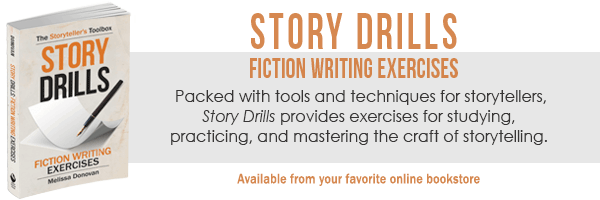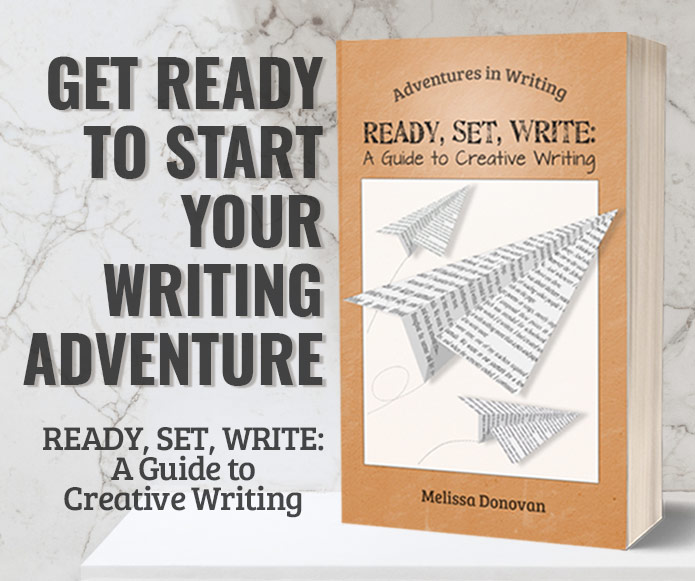Today’s storytelling exercise is an excerpt from my book, Story Drills: Fiction Writing Exercises, which helps beginning to intermediate storytellers develop skills in the craft of fiction writing. This exercise addresses two useful tools for developing and promoting stories: concept and premise. Enjoy!
The premise of a story can be summed up in a few words: imagine a world in which robots have taken more than half of all jobs. A premise sets the stage and gives us a vague idea of what a story is about, but it doesn’t tell us the specifics. Concepts get into specifics.
There are two kinds of concepts: high and low. A low concept is stripped down and generic: a man loses his job to a robot. A high concept adds interest and details that inspire interest in a story: When half of the population finds itself jobless as a result of automation, one man raises a rebellion to seize resources essential to survival.
Note the key differences between premises and concepts: Premises paint a vague picture of a story world and situation. Concepts identify key points, such a protagonist, an antagonist, a setting, and a central story question or problem (plot).
Premises and concepts have two important uses: developing and selling a story. Storytellers often start with a premise or concept as the first seed of a story idea. Later, concepts and premises can be worked into juicy statements about a story that can be used for pitching to agents, editors, and readers.
Study:
Make a list of ten stories. For each story, write a one-sentence premise and a one-sentence concept. Your concept statement can be high or low (some stories will only fit one or the other). Some stories contain multiple premises and concepts; for this exercise, identify the central concept and premise. Set the exercise aside for a day or two, and then reread the definitions above of concepts and premises and double-check your work.
Practice:
Set a timer for ten minutes, and create as many premises as you can in that time. If you’re struggling to come up with ideas, use starters such as “what if…” or “imagine a world in which…”
Next choose two of your premises; develop one into a low concept, and develop the other into a high concept. Communicate your concepts in no more than two sentences (preferably one sentence).
Questions:
Have you ever started a story with a premise? What about a concept? If you start with characters, situations, themes, or some other seedling, when does concept or premise become part of your story development? Do you think concept and premise are important for communicating the essence of a story?






I thought, at first you were advertising the fourth series of “Foundation” then I understood your point. Good point. But does it really matter?
I suspect that I have started novels, gently, character based and fuzzy at first, but I have also commenced with a concept. Short tales with a premise or to prove a singular point I hold irrefutable (lol- even others may disagree- Philistines) or just to make a joke work. Surely, in the end, it is only the reader’s experience that matters to the reader.
I suppose it matters to the extent that there are terms for things like a concept or premise. Knowing these terms allows us to discuss concepts and premises, and understanding them provides us with tools that we can use for story development and book marketing.